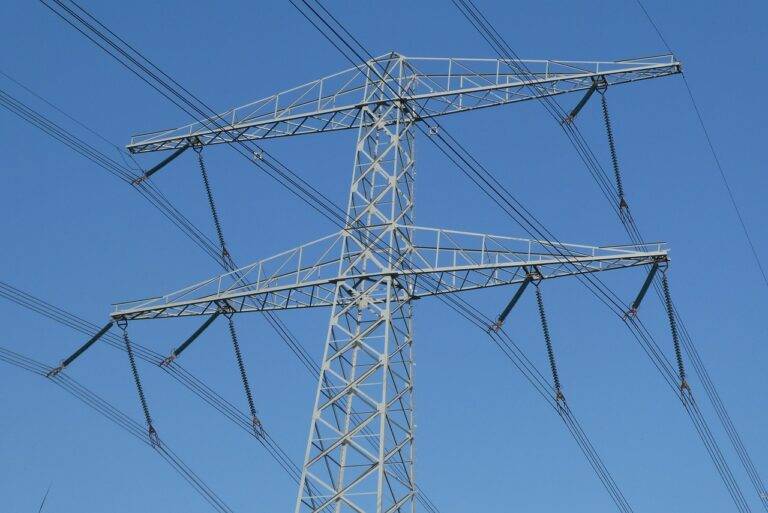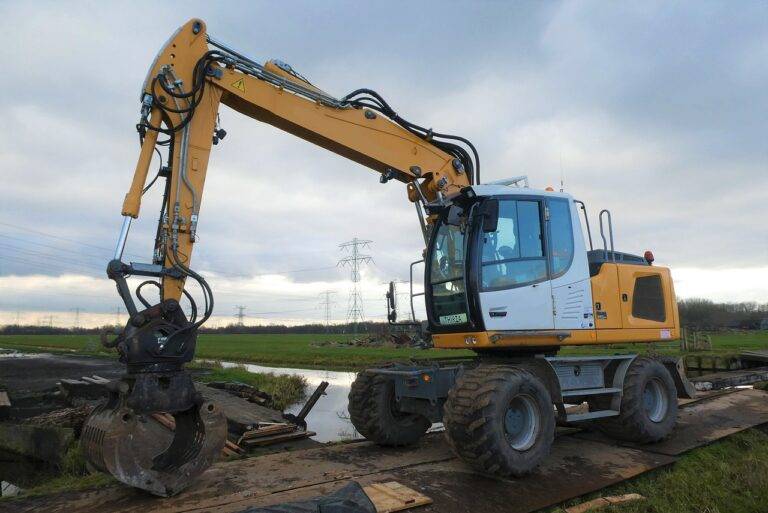Smart Grid Technology: Modernizing Energy Infrastructure
Energy infrastructure serves as the backbone of our modern society, providing the necessary framework for the generation, transmission, and distribution of electricity. This intricate system encompasses power plants, transmission lines, substations, and distribution networks, working together to ensure a reliable supply of energy to homes, businesses, and industries.
The energy infrastructure is designed to meet the growing demands for electricity and to maintain grid stability. It plays a crucial role in bridging the gap between energy production and consumption, facilitating the seamless delivery of power across vast regions. By continually upgrading and expanding the energy infrastructure, we can enhance the efficiency and resilience of our electrical systems to meet the changing needs of society.
Challenges Faced by Traditional Energy Grids
Traditional energy grids encounter various challenges that hinder their efficiency and sustainability. One common issue is the lack of flexibility in managing the fluctuating supply and demand of energy. This rigidity often leads to inefficiencies in distributing power, resulting in wasted resources and increased costs for both utility providers and consumers.
Moreover, traditional energy grids are vulnerable to disruptions caused by natural disasters or cyberattacks. These grids rely on centralized structures, making them susceptible to widespread outages when faced with unforeseen events. The fragility of the system highlights the urgent need for more resilient infrastructures that can adapt to changing conditions and ensure continuous energy supply to communities.
Benefits of Implementing Smart Grid Technology
Implementing smart grid technology offers a myriad of advantages for modern energy systems. One notable benefit is improved reliability through real-time monitoring and control of the grid. With sensors and advanced communication technology integrated into the grid, utilities can detect and address issues promptly, reducing outages and enhancing overall system stability. This proactive approach to maintenance can prevent potential disruptions and ensure a more consistent power supply for consumers.
In addition to enhancing reliability, smart grid technology enables better energy management and efficiency. By optimizing energy distribution and consumption based on real-time data, utilities can reduce energy waste and peak demand. This not only lowers operational costs for utility companies but also promotes energy conservation and environmental sustainability. With the ability to integrate renewable energy sources more effectively, smart grids play a key role in transitioning towards a more sustainable and resilient energy future.
What is a smart grid?
A smart grid is an advanced electrical grid system that uses digital technology to monitor and manage the flow of electricity more efficiently.
How does a smart grid differ from a traditional energy grid?
A smart grid incorporates technologies such as sensors, communication networks, and automation to improve grid reliability, reduce energy loss, and integrate renewable energy sources.
What are some of the benefits of implementing smart grid technology?
Some benefits include increased energy efficiency, reduced carbon emissions, improved grid reliability, better integration of renewable energy sources, and enhanced grid security.
How does a smart grid help in reducing energy loss?
Smart grids use real-time monitoring and control systems to identify and reduce energy loss by optimizing energy distribution and reducing transmission inefficiencies.
Can smart grids help in integrating renewable energy sources?
Yes, smart grids have the capability to efficiently integrate renewable energy sources such as solar and wind power by managing fluctuations in energy generation and consumption.
What are some challenges faced by traditional energy grids that smart grids can address?
Traditional energy grids are often inefficient, prone to outages, and struggle to accommodate the increasing demand for electricity. Smart grids can address these challenges by improving grid management and enhancing energy distribution.
How can consumers benefit from smart grid technology?
Consumers can benefit from smart grid technology through improved energy efficiency, reduced electricity bills, increased reliability, and access to real-time energy consumption data to make informed decisions about their energy usage.





